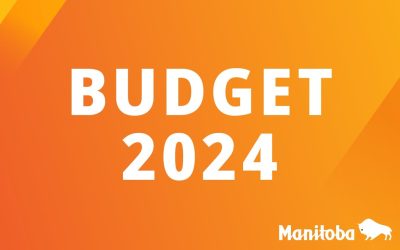The author of a study applauding the Canadian government's approach to reaching fiscal balance in the 1990s says jurisdictions such as New Brunswick should take note and balance the books without major tax hikes.
David Henderson, associate professor of economics at the Naval Postgraduate School in Monterey, Calif., says Canada's "budget triumph" should be a lesson for all governments facing budget shortfalls and mounting debt.
"There are some valuable lessons here that could be applied to state and provincial governments," he said Tuesday. "The Canadian experience shows us that a large budget deficit can be turned into a budget surplus mainly through spending cuts."
Finance Minister Blaine Higgs recently warned that the province can expect deep cuts and "tough decisions" as new financial figures showed the net debt increased by $1 billion in the past year to $9.48 billion.
With a crippling interest cost of $643 million and a budgetary shortfall of $633 million, Higgs said the fiscal state of the province is "unsustainable."
Public policy expert Donald Savoie said the province's dire fiscal situation requires both spending cuts and tax increases.
"There is no way that one can take care of the problem," he said. "You need both."
But Henderson said New Brunswick should focus on cost cutting rather than tax hikes to balance its books.
"If you raise taxes equally you end up with a permanently bigger government," he said. "There is just an enormous amount that government does that is expensive, wasteful and can cut back substantially without putting big holes in the safety net."
The Frontier Centre for Public Policy, a conservative non-profit think tank, released Henderson's study this week.
It outlines the state of Canada's books in the early 1990s, when the country's debt was equal to 67 per cent of GDP.
Canada did not resort to major tax increases to eliminate its budget deficit and reduce public debt to 29 per cent of GDP, Henderson says in his study.
Instead, Canada's "budget triumph," he argues, was a result of reduced government spending and strong economic growth.
"The main policy actions that the Canadian government took to shrink the deficit were real cuts to government spending," Henderson said. "These weren't just reductions in the growth rate of spending, a favourite trick of some politicians. These were cuts in absolute spending on many programs in dollar terms."
However, Savoie said it's simplistic to assert that Canada balanced its books chiefly through spending cuts.
"It is true that there were a limited amount of tax increases but there was an incredible amount of pay-per-services introduced," said Savoie, the research chair in public administration and governance at the Université de Moncton. "That is a form of taxation."
In addition, Savoie said there were substantial cuts to transfer payments for the provinces.
"That meant that Ottawa didn't have to deal with those cuts," he said. "They just transferred the problem to the provinces so New Brunswick cannot easily do that."Also, Savoie said the HST, introduced in the late 1980s, started to kick in by the late 1990s in a substantial way.
"That is a real cash cow for governments including the federal government so to say there were no tax increases is somewhat simplistic," he said.
Savoie said the federal government's program review in the 1990s was also fairly ruthless.
"Make no illusion," he said. "It was not the gem of program review that we would like to believe." "It was not a priority ranking of programs," Savoie added. "It was across-the-board cuts, tax increases, pay for services … there are several reasons why the program review did lower the deficit in a substantial way."
Without the same tools at its disposal as the federal government, Savoie said New Brunswick's serious fiscal problem requires spending cuts and tax increases.


